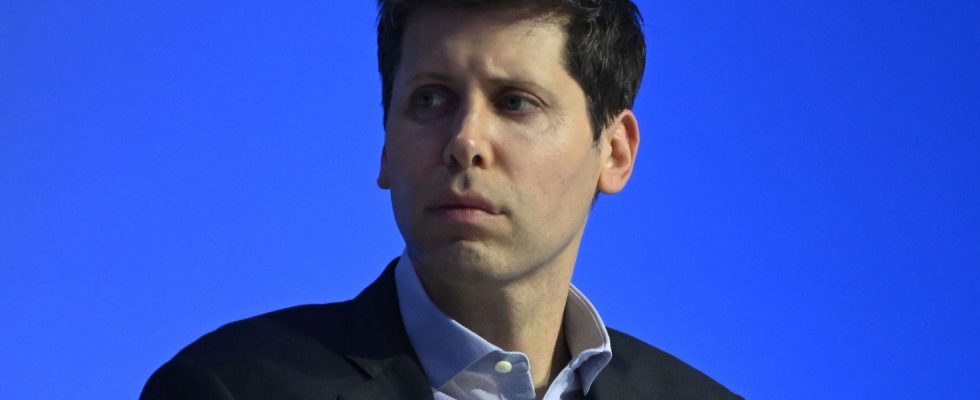Cultural phenomena sculpt our material daily lives. Understanding them is essential to deciphering the world around us. While the trend of effective altruism has lost its luster with the financial scandal of FTX, the cryptocurrency giant led by Sam Bankman-Fried, another subculture is gaining momentum: effective accelerationism. On September 17, in the AGI House, this immense $68 million house which hosts figures in artificial intelligence (AI), halfway between San Francisco and the headquarters of Google, the president of Y Combinator , Garry Tan, the sulphurous financier Martin Shkreli and the co-founder of Notion, Chris Prucha, flocked to listen to an illustrious unknown, Guillaume Verdon.
Nothing predisposed this Canadian engineer, founder of a start-up that develops computer chips for extended language models, to harangue this crowd of seasoned entrepreneurs. Nothing, except that on
Marc Andreessen, co-founder of the fund of the same name, calls him a “patron saint of techno-optimism”. Garry Tan, who co-founded venture capital firm Initialized Capital before taking over Y Combinator, calls him “brother.” Sam Altman, who founded OpenAI, jokes with him about X. As for Elon Musk, he finds his memes brilliant.
The doctrine of effective accelerationism seems to find its origins in the theories of Nick Land, a British philosopher commentator on Gilles Deleuze and Félix Guattari, the fathers of French Theory, this intellectual matrix of gender or postcolonial studies so popular on American campuses. Nick Land had founded the Cybernetic Culture Research Unit, steeped in cyberpunk authors, which started from the principle that man has not reached his peak and that there is no way to slow down the “technocapitalist machine”. But, far from thinking too deeply, the community seems to have united on social networks, where the abbreviation “e/acc” (for effective accelerationism) flourishes, and via Substack newsletters, around the simple idea that innovation must be pushed to the extreme to bring about radical change, even if the latter completely disrupts the current social order.
Marc Andreessen’s techno-optimistic manifesto
For e/accs, no idea with potential value should be considered too absurd or too dangerous to become a reality. When General Catalyst CEO Hemant Taneja said on X that he was committed to the responsible development of AI, other investors criticized him. “No thanks,” wrote Andrew Chen, partner at Andreessen Horowitz. At the end of October, Marc Andreessen published his techno-optimistic manifesto, affirming that our society had been subjected for six decades to a massive campaign of demoralization against technology and against life, under various names: ESG, sustainable development, precautionary principle, degrowth …The recent governance crisis at OpenAI has emboldened e/acc. Many of them celebrated Sam Altman’s return as CEO as a victory over the doomers (holders of a pessimistic vision of artificial intelligence) who sat on the board of directors.
Some go further and declare themselves posthumanists, that is, open to the idea that natural selection could lead artificial general intelligence to replace us as the dominant species. The idea is not new. Ray Kurzweil, widely celebrated in Silicon Valley and whose Singularity University has seen generations of entrepreneurs, theorized this in an essay in 2005.
As is often the case with Silicon Valley subcultures, e/acc can make you smile as its ideological corpus rings hollow. The totally Manichean analysis of technology seems childish, but it works in the era of virality. Even if it seems to be an anecdote due to its confidential audience, the power of the people who subscribe to it should push everyone to study future developments closely.
Robin Rivaton is Managing Director of Stonal and member of the Scientific Council of the Foundation for Political Innovation (Fondapol).
.
